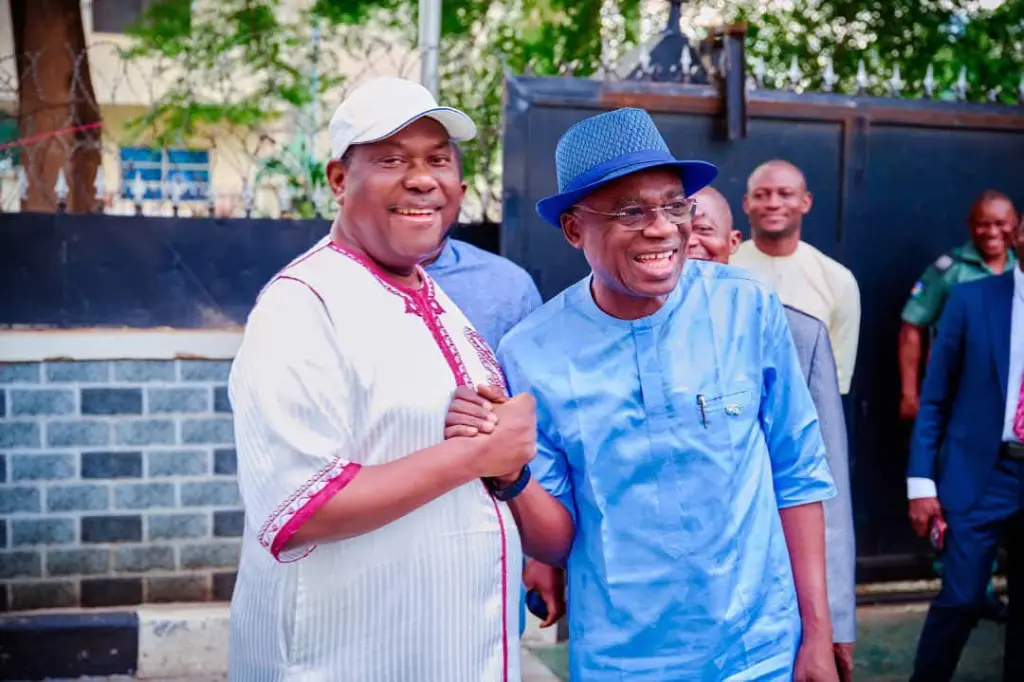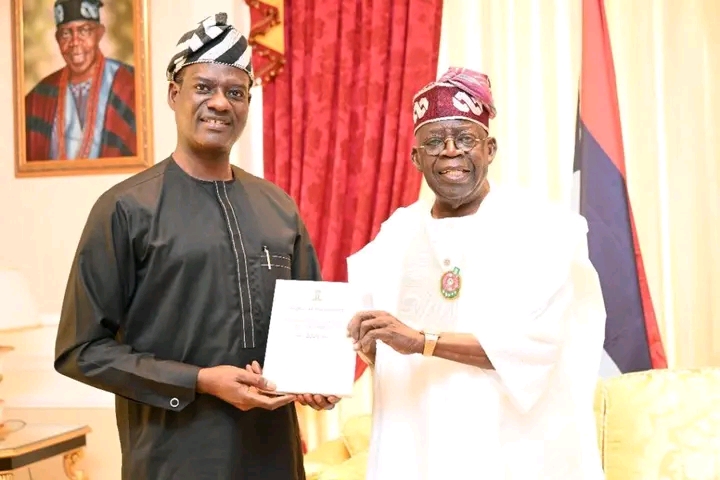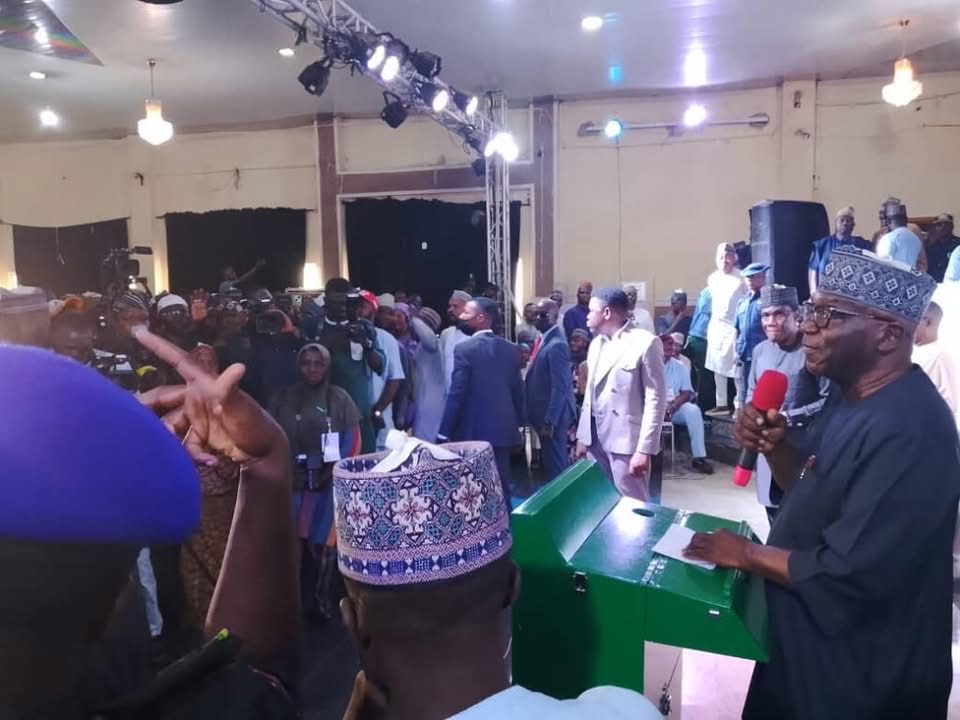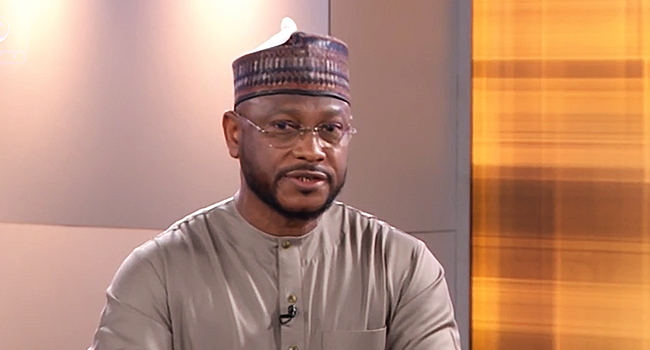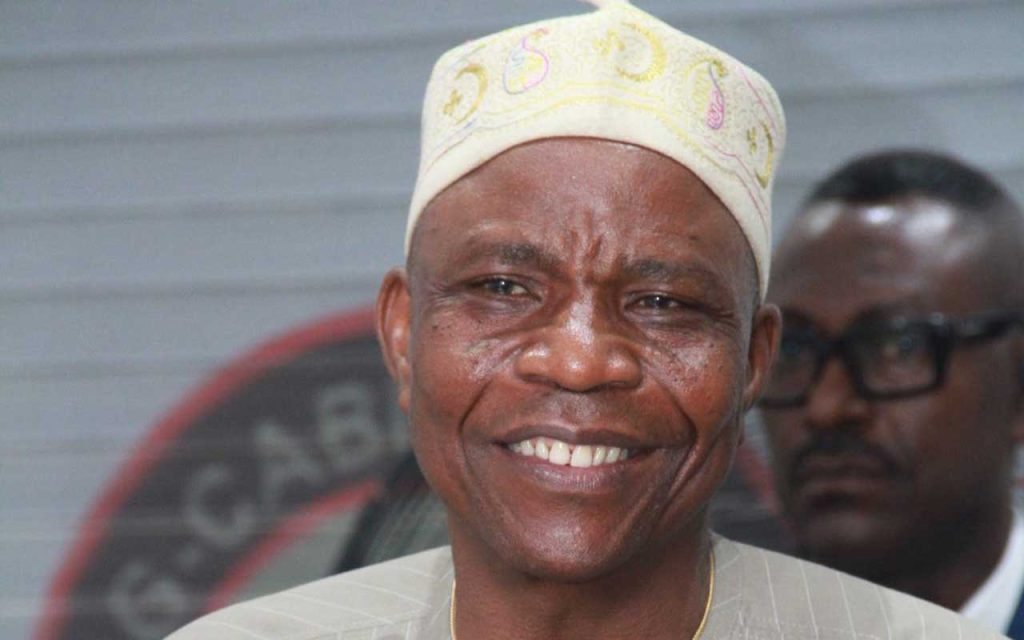
The United States-based Institute of Law Research and Development (ILAWDUN) has called on President of Nigeria, Bola Tinubu to urgently reverse the suspension of Rivers State Governor, Siminalayi Fubara, warning that it poses a serious threat to Nigeria democratic process and could tarnish the president’s legacy.
According to the statement issued yesterday by the institute, it stressed that the suspension, along with the declaration of a state of emergency in Rivers State, undermines the rule of law and sets a dangerous precedent for Nigeria’s democracy.
The Director of ILAWDUN and a professor of International Environmental and Public International Law, Prof. Cyprian Edward-Ekpo, stated that: “If the Supreme Court upholds the emergency declaration and the suspension of a democratically elected governor and legislature by another elected official, it will be permanently stain your legacy. You will be remembered as the president who legitimized illegality and eroded constitutional principles.”
He stressed further that a state of emergency is only justified in the event of a genuine breakdown of law and order—conditions that were not evident in Rivers State. Therefore, he asserted, the suspension of a sitting governor and legislature on such grounds lacks constitutional basis.
The institute also declared that the ongoing legal battle, brought by seven opposition governors challenging the suspension, must be fairly adjudicated by the Supreme Court. It cautioned against dismissing the case on technical grounds or using procedural tactics to avoid a ruling, emphasizing that such actions would erode public trust in the judiciary and the presidency.
“The Supreme Court Justices cannot, in good conscience, uphold such a blatant violation of the constitution. Any attempt to sidestep the issue through technicalities will be viewed as judicial compromise under presidential influence,” Edward-Ekpo added.
ILAWDUN appealed President Tinubu to demonstrate leadership charisma by reversing the suspension and reaffirming his commitment to democratic governance, warning that the very future of Nigeria’s democratic institutions hangs in the balance.
Advertisement

